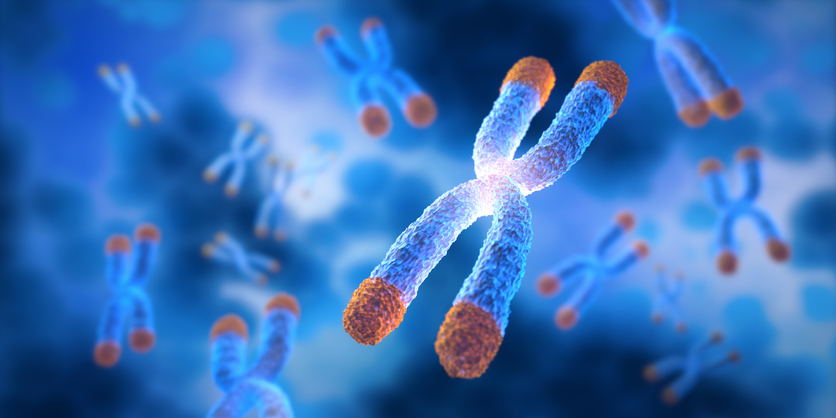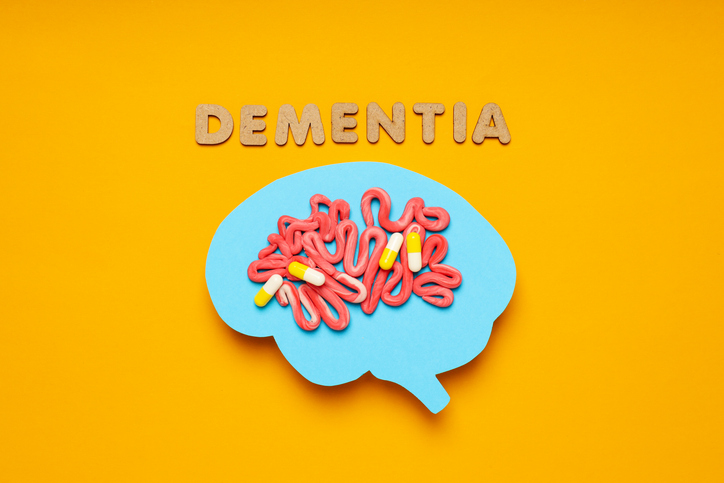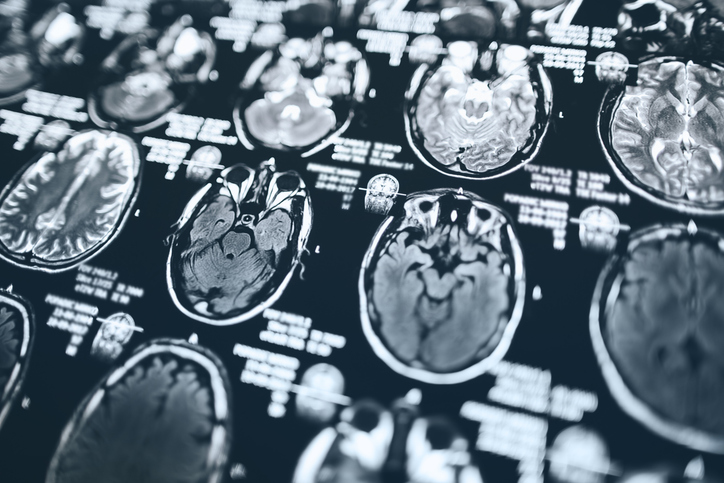
Recently published in Brain, a new study has identified an approach to treating Alzheimer’s disease that could potentially reverse memory loss. Led by scientists from the University of Buffalo, the study found that emphasizing epigenetic changes opens up possibilities to reversing the decline of memory in an animal model of Alzheimer’s.
The researchers used mouse models that carried genetic mutations for Alzheimer’s that are commonly found in families, as well as post-mortem brain samples from patients with the disease. Alzheimer’s commonly arises from a combination of genetic and environmental factors, such as aging, which together result in unique epigenetic changes. These epigenetic changes ultimately lead to alterations in gene expression, but there is little evidence as to how this process occurs.
These epigenetic changes are usually observed in later stages of Alzheimer’s, at which point patients struggle to retain recently acquired information and display strong decline in cognition. One of the key aspects of this memory decline is the loss of glutamate receptors, an integral part of short-term memory and learning processes.
“In this paper, we have not only identified the epigenetic factors that contribute to the memory loss, we also found ways to temporarily reverse them in an animal model of AD,” said senior author Zhen Yan, PhD. Yan is a SUNY Distinguished Professor in the Department of Physiology and Biophysics in the Jacobs School of Medicine and Biomedical Sciences at UB.
“We found that in Alzheimer’s disease, many subunits of glutamate receptors in the frontal cortex are downregulated, disrupting the excitatory signals, which impairs working memory,” Yan said.
Yan and colleagues found that loss of these glutamate receptors is the result of repressive histone modification, an epigenetic process that is elevated in Alzheimer’s patients. This was seen in not only the animal models used, but in post-mortem brain tissues of human patients as well. Yan stated that modification of these histones changes the chromatin structure of chromosomes, leading to altered genetic expression. Being that this epigenetic process of repressive histone modification is controlled by enzymes, Yan claims that understanding this process revealed potential targets for therapeutics.
“Our study not only reveals the correlation between epigenetic changes and AD, we also found we can correct the cognitive dysfunction by targeting the epigenetic enzymes to restore glutamate receptors,” said Yan.
In the study, the researchers injected the animals three times with a treatment that inhibits this enzyme controlling the histone epigenetic process. The team found that the animals injected with this inhibitor displayed recovery of cognitive function, confirmed by evaluating their recognition, spatial, and working memories. Yan also noted that the recovery of the glutamate receptor’s function and expression in the brain was observed.
READ MORE: Memory Tests Found to Be Strong Predictors of Alzheimer’s Disease
Though these effects are dramatic, they were only observed for one week after treatment. The researchers note that future trials will emphasize developing treatments that produce more long-lasting effects.
Yan concluded: “We have provided evidence showing that abnormal epigenetic regulation of glutamate receptor expression and function did contribute to cognitive decline in Alzheimer’s disease. If many of the dysregulated genes in AD are normalized by targeting specific epigenetic enzymes, it will be possible to restore cognitive function and behavior.”
It may be possible to restore memory in Alzheimer’s disease, study finds. Scientists found that by focusing on gene changes caused by influences other than DNA sequences, called epigenetics, it was possible to reverse memory decline in a mouse model. https://t.co/Jvxn9T09Wo pic.twitter.com/hRf0Q6TwoL
— Ajit Johnson (@ajitjohnson_n) January 24, 2019
Source: Science Daily







 © 2025 Mashup Media, LLC, a Formedics Property. All Rights Reserved.
© 2025 Mashup Media, LLC, a Formedics Property. All Rights Reserved.